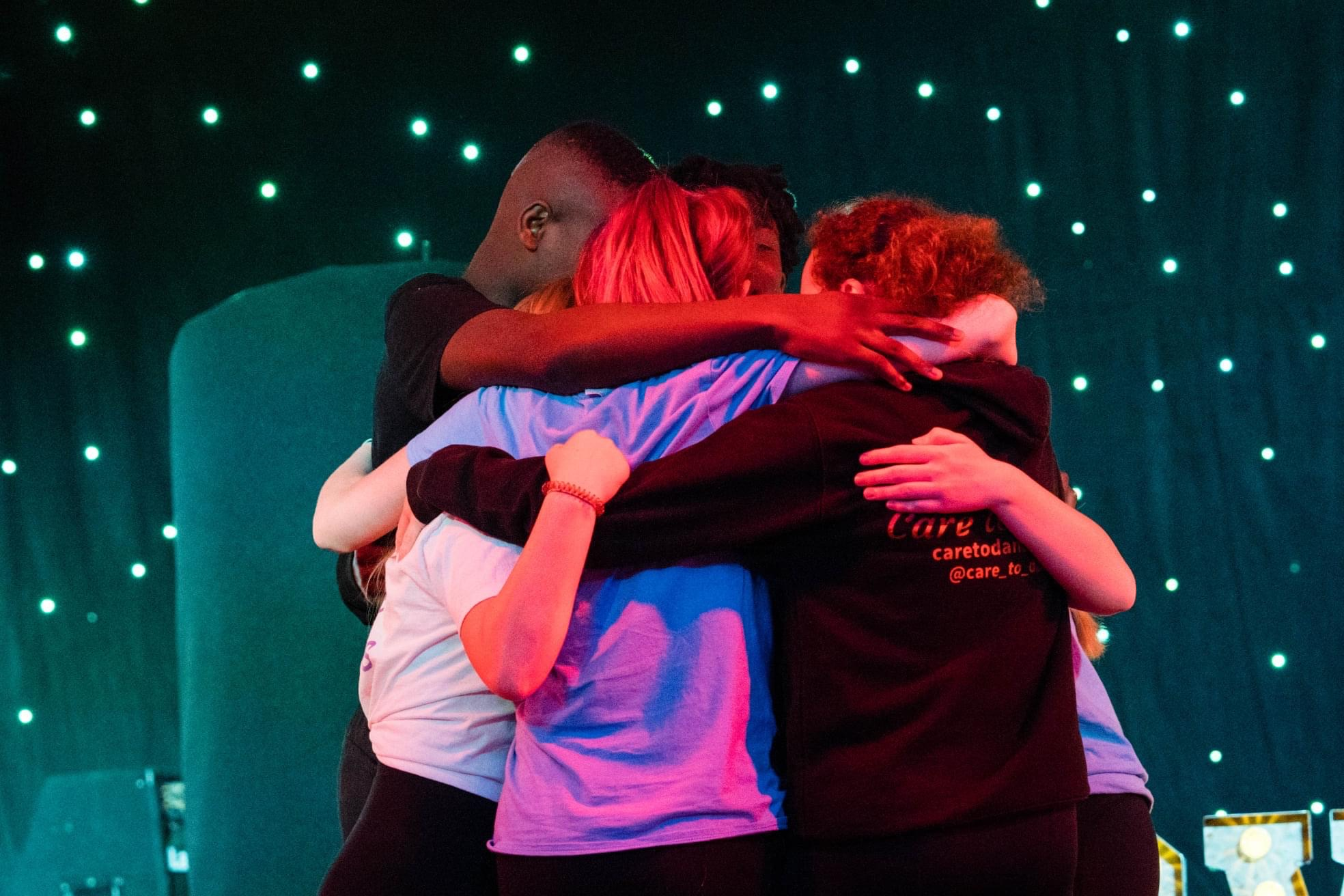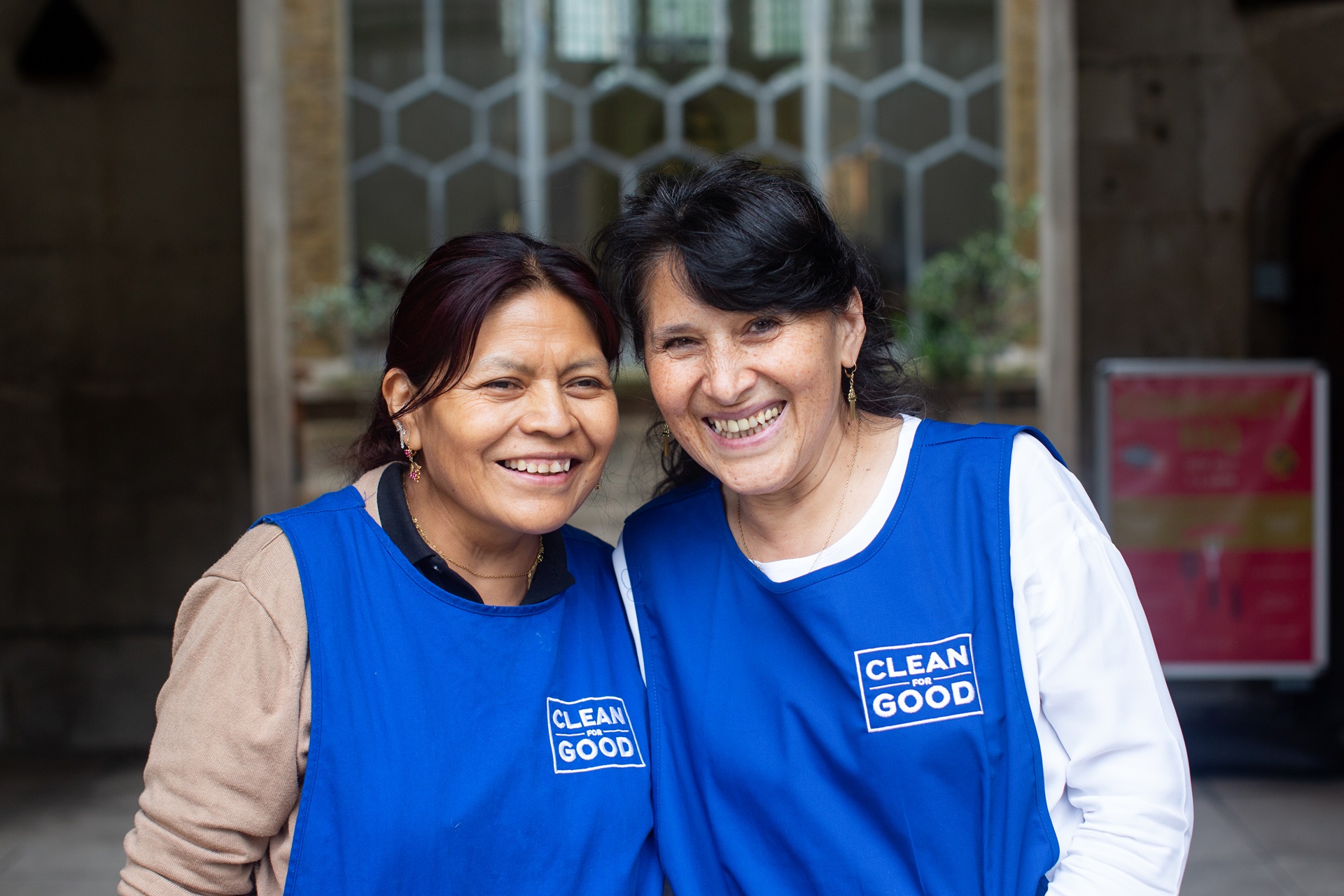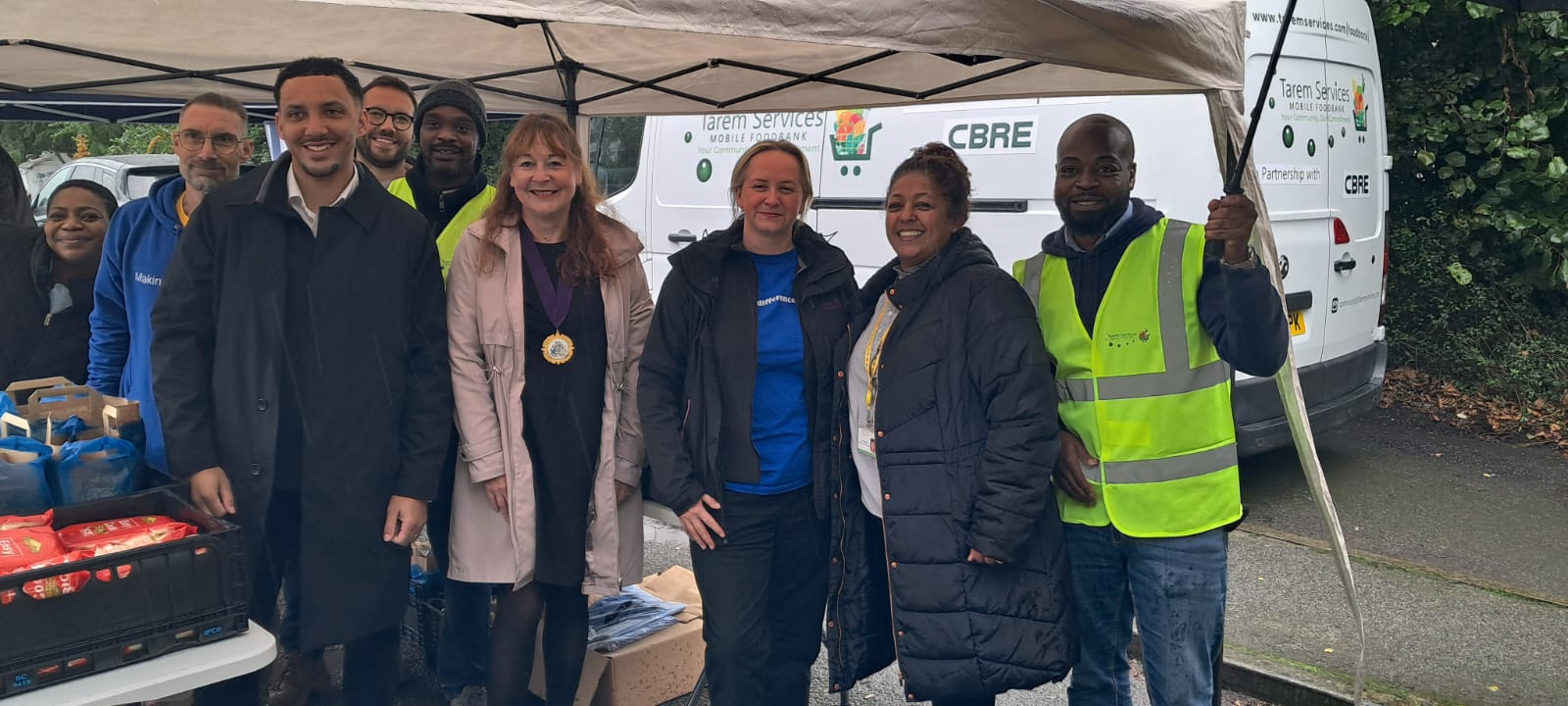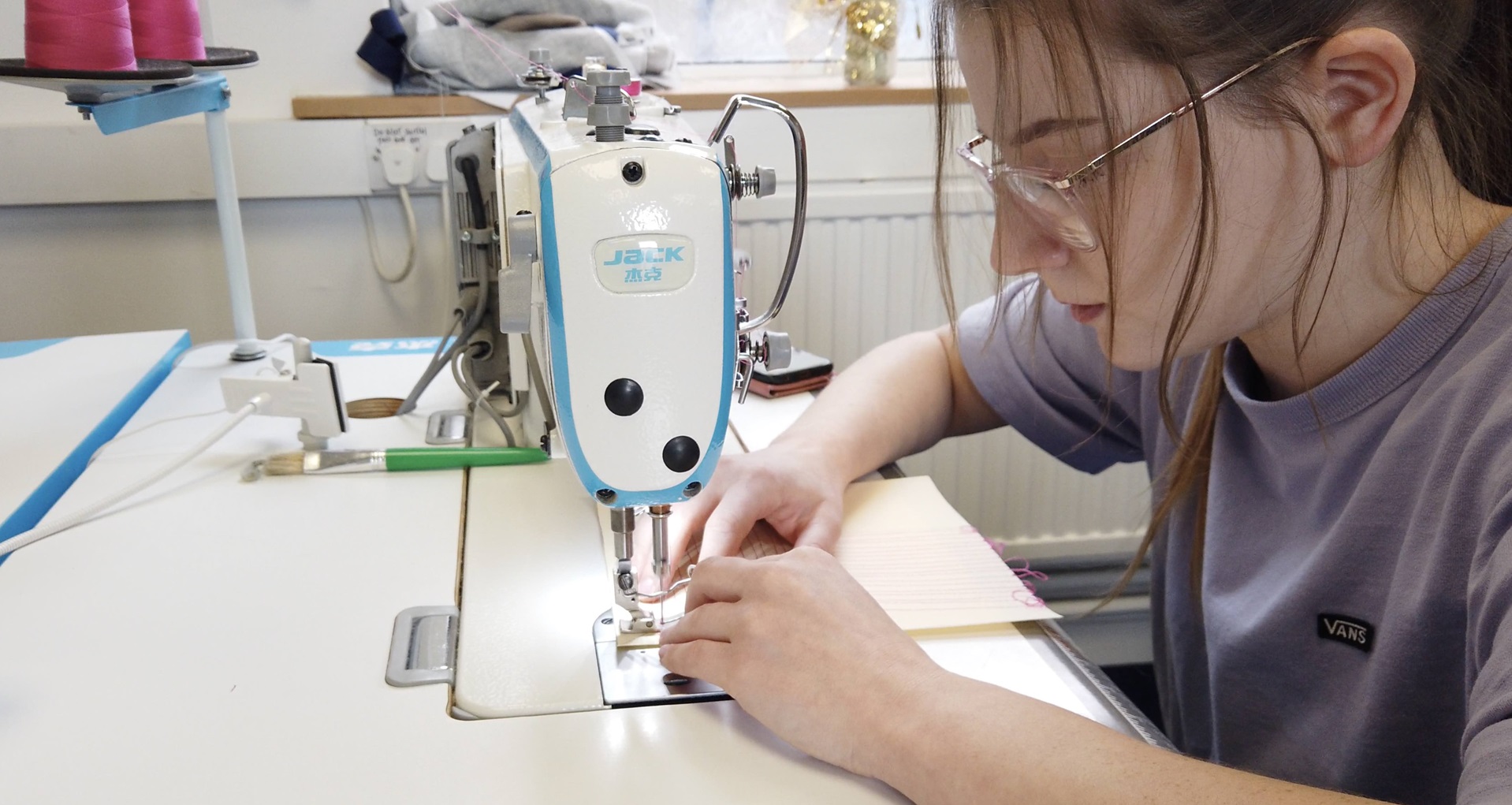
Member updates
From broken back to ultramarathon: social enterprise founder running to raise money for care-experienced young people
Beth Vecchione, founder of the social enterprise Care to Dance, is running an ultramarathon just over 6 months after a car accident left her with a broken back to raise money for the care-experienced young people the organisation supports. Young people’s mental health is at an all-time low, exclusions at an all-time high and services unable to keep up with demand. For the 15th year in a row, the number of children in care has continued to rise; in March 2023, there were over 80,000 children in the system. Most of these children and young people will have experienced instability and trauma, and will be living with the effects of this, and finding creative ways to support them is crucially needed. So, to raise money for Care to Dance and the young people it supports, Beth set herself the challenge of not just recovering, but running an ultramarathon before the end of the year. Care to Dance uses dance to support care-experience young people - to help them feel a sense of belonging and freedom, but also to process what they’ve been through. By building inclusive communities where young people feel safe, are among people they trust and can express themselves freely, it aims to provide the stability and consistency they likely missed growing up and help them develop relationships built on trust so they have people to turn to. Beth, CEO and founder of Care to Dance, says “Breaking my back really brought home for me how hard it must to be to go through dark times alone without anyone to turn to or support networks to rely on. This is often the case for care-experienced young people. I’ve seen the transformational impact the Care to Dance community has for them, the improved mental well-being, motivation and self-belief. I want to show all our young people just how much is possible if you put your mind to it, what you can overcome with mental strength and determination, and people backing you. I want to support as many young people across the country as possible, especially at a time when so many young people are struggling.” Lucy, a young person who attends Care to Dance, says “Life was a struggle until I came to Care to Dance. I started to express myself and trust the staff. Learning new skills and being part of a team made me a brighter person. Care to Dance supported me at my worst, and inspired me to be my best. It made me a better human.” You can find out more about Care to Dance on their website, and support Beth’s fundraising efforts via her Just Giving page. Beth can be contacted directly at beth@caretodance.co.uk.
2 min







